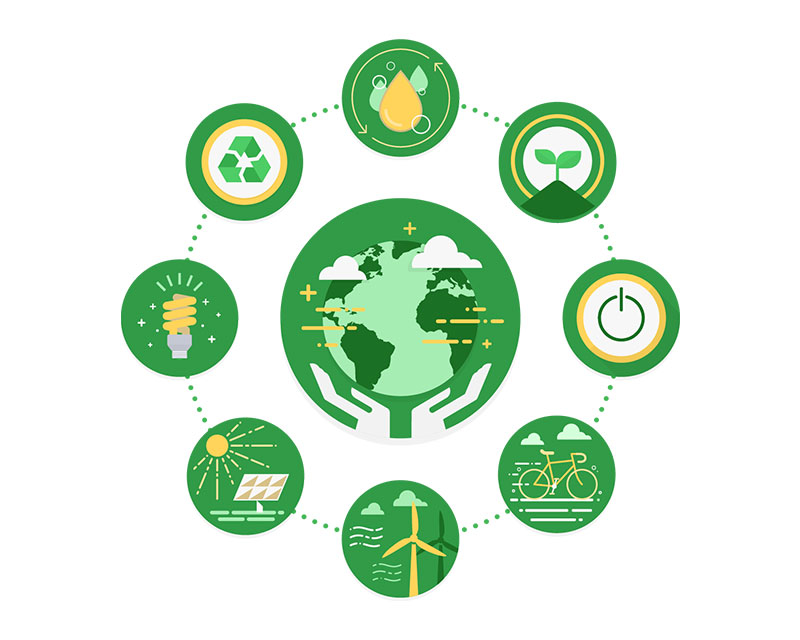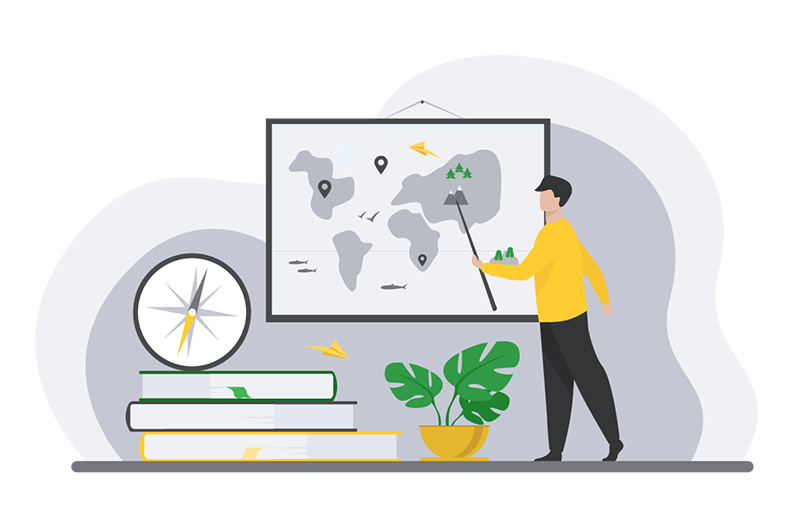European Project
Bridges CE
Building bridges for a circular economy by fostering youth entrepreneurship

Overview
More than 3.3 million young people (18-28 years) were unemployed in the EU in 2019. The situation is very likely to worsen with the COVID19 crisis in 2020. At the same time, it has also underlined the need to train people remotely. Many young people encounter the gap between education and ‘real life’ and get caught in a vicious cycle: unable to get a job due to lack of experience and unable to gain experience without a job.
The Youth unemployment rate in 2016 was 15% in Slovenia and Romania, 50% in Greece and 13% in Belgium. Self-employment through building entrepreneurial skills could be part of the solution. The % of young people who wish to set up their own business is high in Slovenia, Greece and Romania (15 to 25 %), much more than in Belgium. But while at least 20 % of young individuals participate in non-formal learning activities in most developed countries, including Belgium, much lower percentages are registered, particularly in Romania Greece (European Commission, Youth Strategy, 2019).
And entrepreneurship education makes a difference: alumni who participated in any entrepreneurship training are 5 times more willing to start entrepreneurship activities. The chosen sectors also matter. Green entrepreneurship (GE) is increasingly taking more and more room in the economic world. Circular Economy (CE) maximises business’ potential to transform environmental challenges into economic opportunities (DG Environment, EC). Such entrepreneurs will lead tomorrow’s world.
Target Group

Youth
Youth, from high school graduates to bachelor/master students and graduates (18-28 years), having an interest in developing green entrepreneurship. The need detected was to improve the knowledge, skills and competencies in GE and CE needed to set up green businesses, to facilitate collaboration with peers in setting up new business models.

Teachers
Teachers from formal and non-formal education institutions working with youth interested in increasing CE knowledge and green entrepreneurship. Key needs, which we have perceived are of interest in deepening the knowledge of some fundamental areas (notably CE, GE, ICT, etc.), the desire for increased exchange of experiences between organisations and the need for a more interdisciplinary approach.

NGOs & Organizations
NGOs and other organisations active in CE, GE, and youth fields, including the partner organisations. We perceived that many are facing difficulties in increasing transnational cooperation, exchanging experiences and learning from each other. It is also common to detect the need for higher skills in facilitating entrepreneurship and CE.
Objectives
BridgeCE objective is to acquire innovative, specialised competencies for youth by empowering them to use GE, creating new CE business models.
.1
To introduce youth to CE, GE and make them attractive while promoting career opportunities
.2
To provide integrated knowledge and skills about CE potential and benefits, including insights into social impact, GE and non-profit challenges
.3
To establish CE business models and promote GE business and collaborations at the national, regional and European level
.4
To transfer and disseminate the projects’ results and use of CE to improve environmental and social impacts at a pan-European level
.5
To strengthen networking between partner organisations, youth, and other stakeholders
